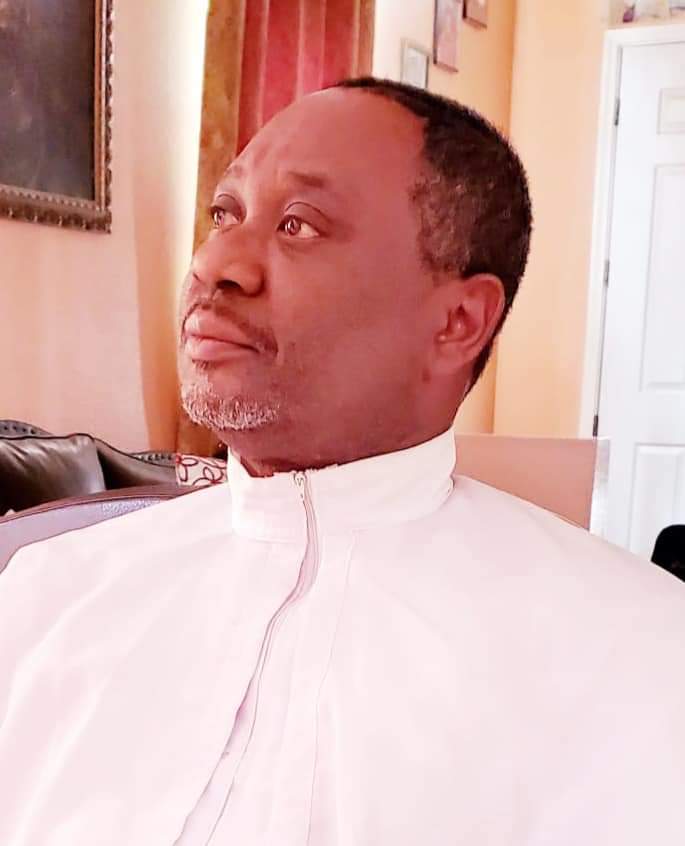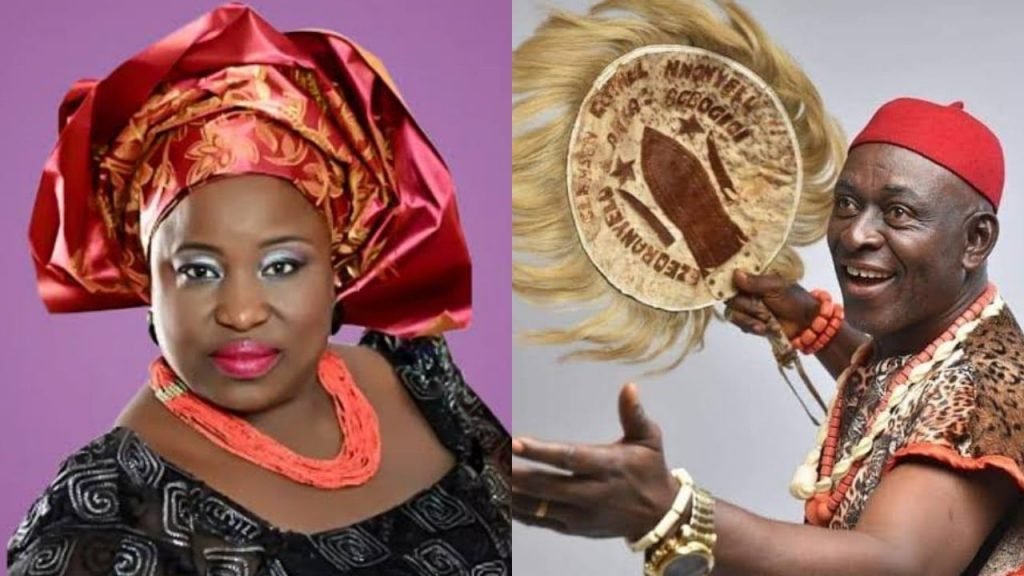Last week, the bid by members of the National Assembly to restore the old National Anthem: Nigeria We Hail Thee, made a surprisingly speedy progress to the third reading in the House of Representatives. It also got read a second time in the Senate. It would have been passed if some senators had not insisted on a public hearing.
The question on the lips of keen watchers of the Nigerian political elite was: who was behind it? Usually, when any Bill makes this kind of fast-tracked motion through the plenary of our National Assembly, some external factor – most likely the Executive – is puppeteering it. Internally-generated Bills move more deliberately and “naturally”.
This also sparked further speculations that someone is striving to obliterate a legacy that Olusegun Obasanjo, foremost living Africanist, nationalist, civil war General and former President of Nigeria, left behind as the military Head of State between 1976 and 1979. Apart from this possibility, what else could necessitate the rubber-stamping of the colonial-era anthem back into existence?
No doubt about it, Nigeria We Hail Thee is a very sonorous and evocative anthem, especially for those who grew up singing it in the 1950s to 1970s. It paints romantic pictures about the nation waiting to be birthed by its highly-motivated citizens. Also, Arise, O Compatriots is no pushover. It is a call for action and a subtle admission that we have failed to meet the idealistic aspirations of Nigeria We Hail Thee. It urges the citizens not to forget the “labour of our heroes” past, calling on God to help build a nation “bound in freedom, peace and unity”.
A return to Nigeria We Hail Thee is a mere flight of fancy. After 64 years of independence, all good hope and aspiration in that anthem have been dashed by practical history. Religion, tribes and tongue have made it impossible for us to stand “in brotherhood”. The utterances of our youth from all the ethno-religious divides of the country show the future is gloomy. The poison is deeply suppurating in the hearts.
Can we say that “truth and justice reign” in Nigeria? If so, why is Nigeria pock-marked by all forms of violent agitations, militancy, insurgencies and calls for separatism or new beginning? Did our founding fathers hand to us a “banner without stain”? Nigeria will definitely be a laughingstock in Africa if we dump our indigenous anthem and return to the one bequeathed by our colonial masters.
Our leaders have become so childish in their words and actions. They should stop chasing rats while the house burns. Anthem is not our problem, and it won’t solve any.
It takes more than a mere anthem to “build a nation where truth and justice shall reign”!
(CDA News)





